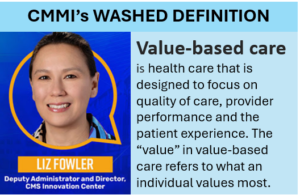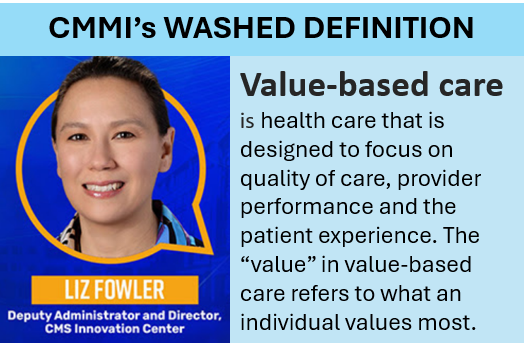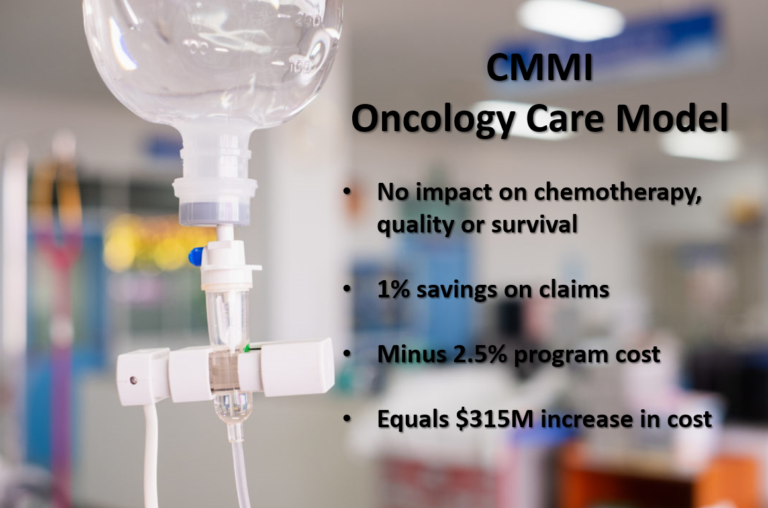Advocates of “accountable care organizations” (ACOs) are careful to avoid the terminology of “managed care,” which is widely viewed as a failed model from the 1980s and 1990s. But, there are obvious similarities between ACOs and managed care. Both involve an organization taking responsibility for the quality and cost of care for a defined population. Both emphasize the importance of primary care as the foundation of a coordinated and efficient health care delivery system. Both involve economic incentives to physicians to improve quality and slow the upward trend in total cost of care.
But, we all remember the strong backlash against managed care during the late 1990s. Although almost 10% of the U.S. population are still served by HMOs, the managed care vision has been largely in exile for more than a decade now. PPOs are now the dominant model, with relatively small financial incentives to patients to seek their care from providers within relatively large provider networks. Many PPOs have dabbled in “pay for performance,” but the physician incentives involved have been relatively small and the performance bar set relatively low. The use of more heavy-handed managed care approaches has declined significantly. For example, plans usually don’t require a referral authorization by a “gatekeeper” primary care physician before granting access to specialists. And the use of pre-authorization by health plan staff for many expensive procedures has declined significantly. Health plans did not drop these heavy-handed approached because they became convinced they were ineffective. They dropped them because they feared they would face a consumer backlash and lose membership.
So, what can we learn from the managed care backlash? And what can we do differently to avoid an “ACO backlash?”
I went back to some research done during the height of the managed care backlash to refresh my memory of how bad it was, and why it happened. Most helpful was a paper from 1997 in Health Affairs by Robert Blenden and other researchers at Harvard and the Kaiser Family Foundation. Blenden reported survey results showing that Americans hated managed care companies even more than they hated banks and oil companies.
 Blenden’s survey results showed that a significant proportion of Americans experienced hassles and other problems with managed care plans. These common, minor problems were hypothesized to serve as the seeds of stronger dissatisfaction and distrust. The survey also showed that the public overestimated the frequency of rare events that are dramatic and threatening. For example 66% thought that HMOs sometimes or often hold back on a child’s cancer treatment. 73% thought that HMOs send newborn babies home after just one day, in spite of mothers’ concerns about their children’s health. As shown in the following graph, there was a dose-response relationship with the “heaviness” of the health plan and the degree of mistrust that the health plan would do the right thing if they got sick.
Blenden’s survey results showed that a significant proportion of Americans experienced hassles and other problems with managed care plans. These common, minor problems were hypothesized to serve as the seeds of stronger dissatisfaction and distrust. The survey also showed that the public overestimated the frequency of rare events that are dramatic and threatening. For example 66% thought that HMOs sometimes or often hold back on a child’s cancer treatment. 73% thought that HMOs send newborn babies home after just one day, in spite of mothers’ concerns about their children’s health. As shown in the following graph, there was a dose-response relationship with the “heaviness” of the health plan and the degree of mistrust that the health plan would do the right thing if they got sick.
Blenden concluded that the backlash against managed care was primarily driven by mistrust and fear, leading to calls for government regulation and reducing the market demand for managed care. I created the following “cause-effect” diagram to illustrate this theory.
So, what can we do differently this time around? We must do a far better job of building trust. That will require actually being trustworthy. And, it will require being more proactive about communicating trustworthiness.
This topic is so central to the success of ACOs that it deserves a lot more attention by people who have expertise in public opinion, market communication, and brand development. But, here is my proposed starting point for developing a strategy to build trust in ACOs and other innovative models of health care finance and delivery.



















